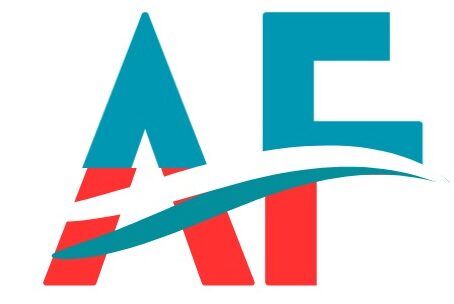A recent United Nations report has revealed that the Telegram messaging app is being used as a hub for illegal activities by organized crime syndicates across Southeast Asia. With its encrypted communication and lax moderation, Telegram has become a preferred platform for criminal enterprises looking to operate in secrecy. The report highlights the severity of the situation and calls for immediate action to curb these illicit activities, which range from drug trafficking and human exploitation to online fraud.
The Dark Side of a Popular App
Telegram, initially developed to provide secure and private communication, has unfortunately also become a sanctuary for criminals. Its features like end-to-end encryption, secret chats, and the ability to create large groups or channels allow illegal networks to flourish with minimal fear of detection. While these attributes offer value for legitimate users who prioritize privacy, they have also been co-opted by bad actors.
Criminal organizations utilize the app’s public channels and private groups to communicate, recruit, and expand their operations across borders. The scale of these underground markets is staggering, with the report uncovering thousands of channels involved in various illegal trades. Items and services being sold include counterfeit goods, illicit drugs, stolen financial data, and even services related to human trafficking.
Why Telegram is the Platform of Choice
Several factors make Telegram an ideal choice for organized crime:
- Ease of Use: Creating channels and groups is simple, and administrators can hide their identities, making it difficult for law enforcement to track them.
- Large Network: The platform allows the creation of groups with up to 200,000 members, providing criminals with a vast audience to peddle their illicit goods and services.
- Anonymity and Encryption: Telegram’s privacy features offer a level of security that shields criminal activities from the prying eyes of law enforcement agencies.
- Limited Oversight: Compared to other platforms like Facebook and Instagram, Telegram has fewer moderators, which means illegal content can persist for longer periods without being taken down.
Types of Illegal Activities
The UN report outlined a variety of illegal activities facilitated through Telegram:
- Drug Trafficking: Large quantities of illicit drugs, including methamphetamine and heroin, are sold openly in various channels. Deals are often concluded within hours, and transactions are facilitated using cryptocurrencies to maintain anonymity.
- Human Trafficking: Some channels advertise exploitative services, including forced labor and illegal adoption. These channels are often disguised under euphemistic language to evade detection.
- Counterfeit and Stolen Goods: Fake luxury items, hacked financial data, and stolen electronics are frequently advertised on the platform, attracting buyers looking for deals.
- Online Scams and Fraud: Fraudulent schemes, including investment scams and phishing operations, are prevalent, with victims often lured into high-risk financial schemes.
Regional Impact and Concerns
The impact of these criminal activities is particularly severe in Southeast Asia, where law enforcement agencies often lack the resources to effectively monitor and regulate online spaces. The UN report highlights that countries like Thailand, Indonesia, and the Philippines are particularly affected, as local crime syndicates use the platform to coordinate and expand their reach.
These illegal operations undermine regional stability and public safety, with proceeds from such activities often fueling other criminal enterprises, including terrorism. Additionally, the increased availability of drugs and counterfeit goods poses serious health and safety risks to the public.
The Call for Action
The UN has urged governments, technology companies, and law enforcement agencies to collaborate more closely to tackle the issue. Recommendations include:
- Stricter Regulation of Online Platforms: Governments should consider implementing stricter laws to ensure that platforms like Telegram are held accountable for content posted by their users.
- Improved Monitoring and Reporting Mechanisms: Platforms should employ more robust monitoring systems to detect and report suspicious activities in real-time.
- International Cooperation: Given the cross-border nature of these activities, international cooperation is essential. Law enforcement agencies must share intelligence and coordinate efforts to dismantle these criminal networks.
- Public Awareness: Educating the public on the dangers of engaging with these illegal channels can also help reduce demand for such services.
What Telegram Has to Say
In response to the UN report, Telegram has stated that it takes the issue of illegal activities on its platform seriously and is committed to working with authorities to address the problem. The company noted that it has taken down thousands of channels involved in illegal activities and has strengthened its reporting mechanisms to make it easier for users to report suspicious content.
However, critics argue that Telegram’s efforts are not enough and that the company needs to invest more in content moderation and proactive detection of illegal activities.
The Role of Technology in Crime Prevention
While technology has been a force for good, enabling communication and connecting people worldwide, it has also inadvertently provided a new avenue for criminal enterprises. The challenge now lies in balancing the benefits of these platforms with the need to prevent them from becoming safe havens for illegal activities.
Advancements in artificial intelligence and machine learning could offer solutions, enabling platforms to automatically detect and flag suspicious content. Governments and technology companies could also work together to develop shared databases of known criminals and illegal activities to enhance detection and prevention efforts.
AFRIPOPULA

